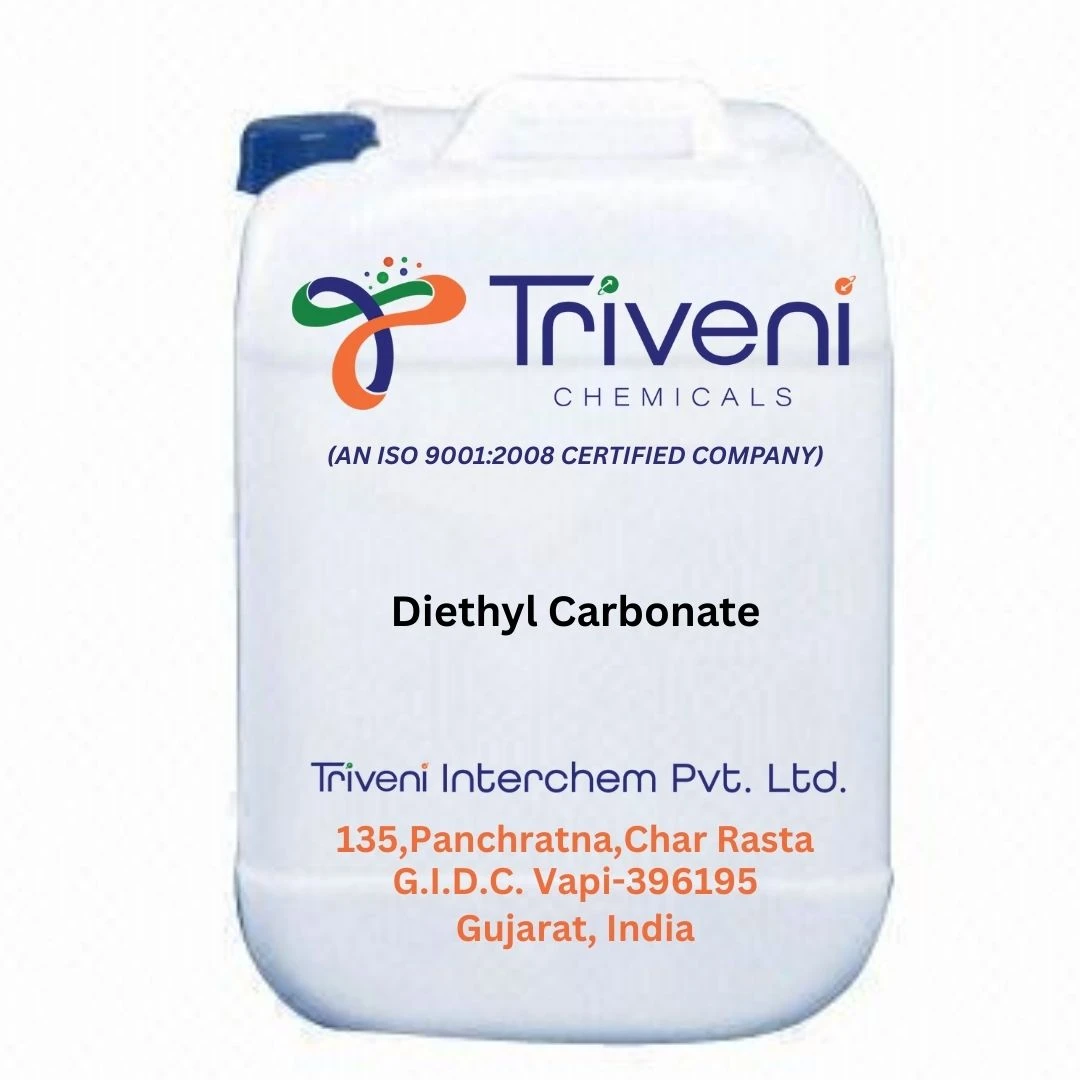Organic carbonates, featuring carbonate groups (-O-C(=O)-O-) in their chemical makeup, are a class of organic compounds derived from carbonic acid (H2CO3) by replacing one or both hydroxyl (-OH) groups with organic substituents. As a leading supplier of organic carbonates, these compounds exhibit versatility across various industrial applications and serve as..
Organic carbonates, featuring carbonate groups (-O-C(=O)-O-) in their chemical makeup, are a class of organic compounds derived from carbonic acid (H2CO3) by replacing one or both hydroxyl (-OH) groups with organic substituents. As a leading supplier of organic carbonates, these compounds exhibit versatility across various industrial applications and serve as essential reagents in organic synthesis. With properties such as low volatility, low toxicity, and excellent solvating ability, organic carbonates stand out as ideal solvents, electrolytes, and intermediates in diverse chemical processes. Notably, their high dielectric constant makes them effective solvents for dissolving polar compounds, including electrolytes, polymers, and certain inorganic salts. For instance, propylene carbonate, a commonly supplied organic carbonate, finds application as a solvent in lithium-ion batteries. In the realm of rechargeable batteries like lithium-ion batteries and supercapacitors, our role as a leading supplier involves providing organic carbonates used as electrolytes. These compounds offer a stable medium for ion transport, facilitating efficient energy storage and release by enabling the movement of ions between battery electrodes. Furthermore, our organic carbonates serve as indispensable reagents in organic synthesis, undergoing various chemical transformations such as nucleophilic substitution, alcoholysis, and transesterification reactions. An excellent example is dimethyl carbonate (DMC), widely sourced from our supplies, used for synthesizing organic carbonates through alcohol reaction with carbon dioxide. In the pharmaceutical industry, our organic carbonates play a crucial role as solvents, protecting groups for reactive functional groups, and intermediates in synthesizing pharmaceutical compounds. However, we emphasize responsible handling due to their flammability and potential hazards. Adhering to safety precautions, including proper ventilation and protective equipment, is essential when working with these compounds.
Organic Carbonates are a type of Organic Chemical Compounds, often used as solvents or intermediates in various chemical reactions.
Organic Carbonates can be used as intermediates in the synthesis of compounds like Omadacycline Tosylate, which is a tetracycline antibiotic.


